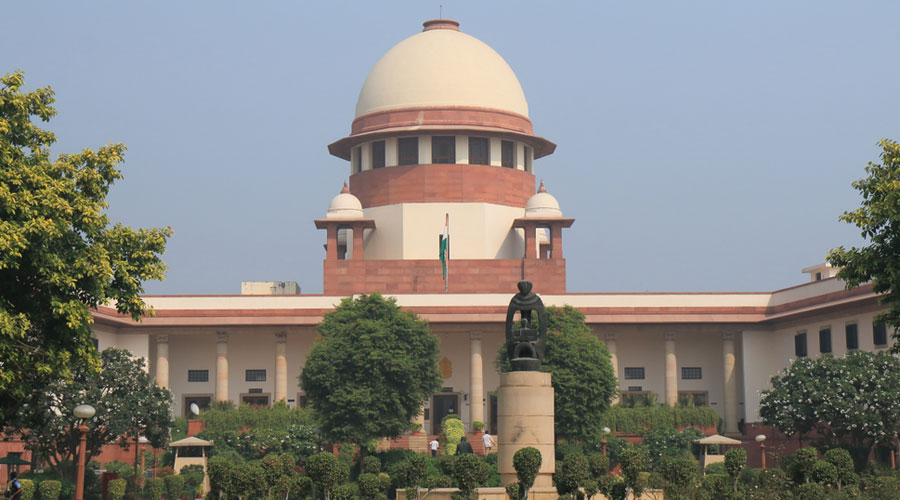Noting that the provisions are in accordance with the federal character of the Constitution, bench of Justices AM Khanwilkar and BR Gavai said that it has to be one of the basic structures of the CBI.
"It could thus be seen, that though Section 5 enables the central government to extend the powers and jurisdiction of members of the DSPE beyond the Union Territories to a State, the same is not permissible unless a State grants its consent for such an extension within the area of State concerned under Section 6 of the DSPE Act," the bench said. The said sections of the Delhi Special Police Establishment (DSPE) Act deal with the extension of powers and jurisdiction of special police establishments to other areas and consent of state government to exercise powers and jurisdiction.
The top court’s observation emerged significant amid the recent withdrawal of “general consent” to CBI investigations in states including Punjab, Bengal, Rajasthan, Maharashtra, Jharkhand and Chhattisgarh.
The Supreme Court on Thursday said the state government’s consent is compulsory for a Central Bureau of Investigation (CBI) inquiry in its jurisdiction and that the agency cannot probe any case without its permission.
The SC’s verdict came in view of an appeal filed by a few accused private and public servants, who challenged the top agency’s validity in probing a corruption case against them saying that the CBI had not taken permission from the state governments.
The appeals challenged an August 2019 verdict passed by the Allahabad High Court against Fertico Marketing and Investment Private Limited and others.
The HC had said that the Uttar Pradesh government had issued post-facto consent against the two public servants who were later named in the chargesheet, adding that it was enough to proceed with the case.










